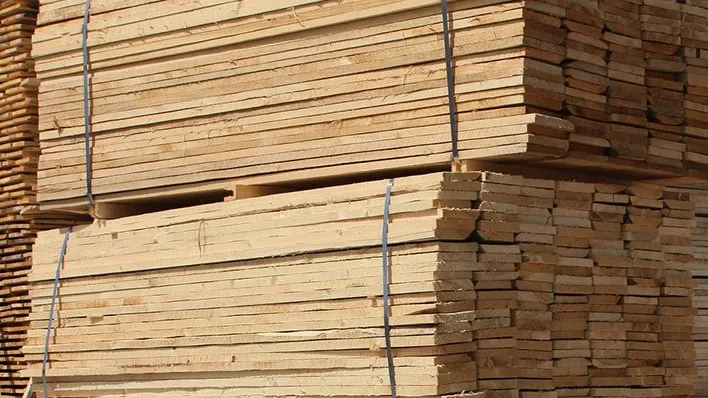
Image: WTO Twitter account.
For the industry group New Brunswick Lumber Producers, the U.S.’s decision to set a lower tariff rate on Canadian softwood lumber is still not enough.
The U.S. Department of Commerce on Tuesday set a new Countervailing and Antidumping duty rate of 8.99 percent, following an administrative review, down from the 20.23 percent set in 2017.
That year, the U.S. alleged that Canada subsidized its lumber sector unfairly. It also alleged Canada dumped the wood into the American market at much lower prices.
NBLP, which represents 95 percent of softwood lumber producers in New Brunswick and over 2,000 jobs in the province’s rural areas, said Wednesday that while the decrease in tariff is good, more should be done.
“Although this is a significant improvement over the current duty rates, the New Brunswick Lumber Producers believe the historic Maritime Provinces exemption from U.S. lumber duties should be reinstated,” the organization said in an e-mailed statement.
“Our fair and free-market stumpage system justifies the exemption of the New Brunswick industry. We continue to believe that a negotiated settlement between the Canadian and US Governments is the appropriate solution.”
Canada’s international trade minister, Mary Ng, said in a press release Tuesday said that the reduction “is a step in the right direction,” but it’s not enough.
“Canada is disappointed that the United States continues to impose unwarranted and unfair duties on Canadian softwood lumber,” Ng said.
“Canada expects the United States to comply with its WTO and CUSMA obligations, and drop their baseless duties on Canadian softwood lumber. These duties have caused unjustified harm to Canadian businesses and workers, as well as U.S. consumers,” she added.
Ng added that Canada will keep pressing the U.S to rescind the “unfair and unwarranted trade action.”
The new duty rate applies to exports from most companies that were subject to the first administrative review, but some companies will still see rates specific to their business.
For instance, J.D. Irving Ltd. will have to pay 4.23 percent in duties, down from 9.38 percent.
This story was originally published by Huddle, an Acadia Broadcasting content partner.






